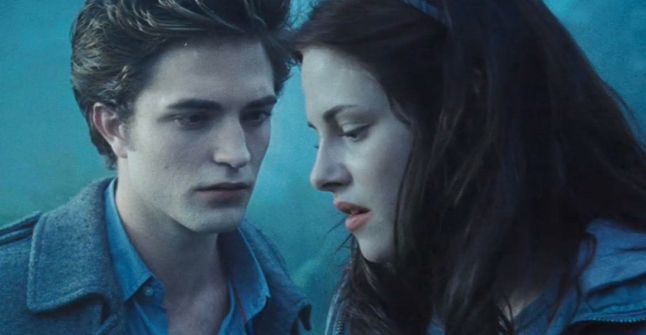
The Eternal Twilight: Why the Edward vs. Jacob Debate Still Burns Bright
The year was 2005. Stephenie Meyer unleashed upon the world a tale of teenage angst, forbidden love, and supernatural creatures, spawning a cultural phenomenon that would forever be known as Twilight. While the books and subsequent films captivated millions, they also ignited a fiery debate that, nearly two decades later, still crackles online and in whispered conversations: Team Edward vs. Team Jacob. More than just a simple preference for a vampire or a werewolf, this division reveals deeper insights into our romantic ideals, societal expectations, and the enduring power of narratives to ignite passionate fandoms.
At its core, the debate centers around the suitability of Edward Cullen and Jacob Black as romantic partners for the perpetually conflicted Bella Swan. Edward, the eternally youthful vampire, offers a love defined by intense passion, unwavering devotion, and a willingness to sacrifice everything for Bella’s well-being. For "Team Edward," this represents the ultimate romantic fantasy: a love that transcends mortality, a partner who sees you as their sole purpose. Edward embodies the classic Byronic hero – brooding, mysterious, and irrevocably damaged, drawing Bella into a world of immortal elegance and dangerous secrets. This archetype resonates with those who crave the drama and intensity of a grand, all-consuming love story. The appeal lies in the fantasy of being rescued, adored, and elevated above the mundane.
Jacob, on the other hand, offers a contrasting vision of love: one rooted in friendship, loyalty, and shared humanity. He is the warm, sunny counterpart to Edward's cold, ethereal beauty. For "Team Jacob," this is a more realistic and relatable kind of love. Jacob is Bella's confidant, her protector, and ultimately, her anchor to the human world. He represents the potential for growth, a connection based on genuine understanding and the comfort of a familiar presence. This resonates with those who value stability, companionship, and a love that is built on a solid foundation rather than fleeting infatuation. The appeal lies in the promise of a future together, a life filled with laughter, support, and the joy of shared experiences.
The enduring nature of the Edward vs. Jacob debate stems from the fact that it taps into fundamental differences in our romantic expectations. It's a microcosm of the broader societal conversation about what we value in relationships. Are we drawn to the thrilling chaos of passionate intensity, or the quiet security of unwavering commitment? Are we willing to sacrifice our own happiness for the sake of a love that defines us, or do we prioritize our personal growth and well-being within a relationship?
Moreover, the debate became a battleground for feminist critiques of the Twilight narrative. Some argued that Edward's controlling behavior and Bella's willingness to sacrifice her own agency for his love perpetuated harmful stereotypes about women in relationships. Others countered that Bella's choice was empowering, a testament to her free will and her right to choose a love that fulfilled her own desires. The discussion extended beyond simple character preference, becoming a platform for dissecting the portrayal of gender roles and power dynamics in romantic relationships.
Ultimately, the Edward vs. Jacob debate, while seemingly superficial, continues to resonate because it touches upon complex and enduring themes of love, identity, and the choices we make in pursuit of happiness. It highlights the power of narratives to ignite our imaginations and spark passionate discussions about our own romantic ideals. While the Twilight saga may have faded from the forefront of popular culture, the echoes of this enduring debate serve as a reminder of the enduring power of storytelling to provoke, challenge, and ultimately, reveal the complexities of the human heart. The twilight may have ended, but the argument, like the love stories at its core, seems destined to burn on, illuminating our own desires and expectations in the process.
